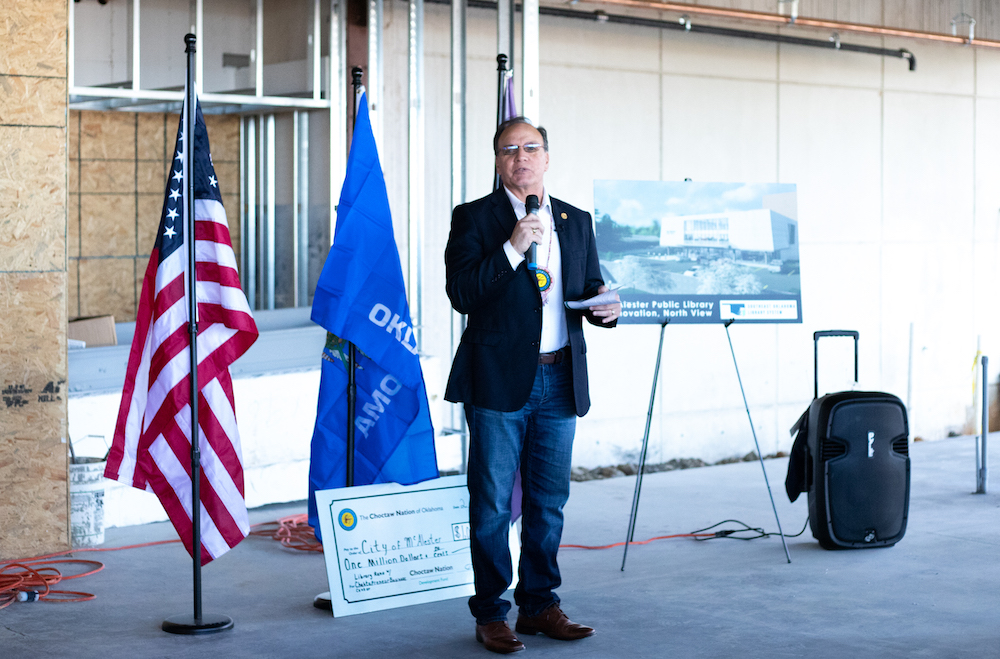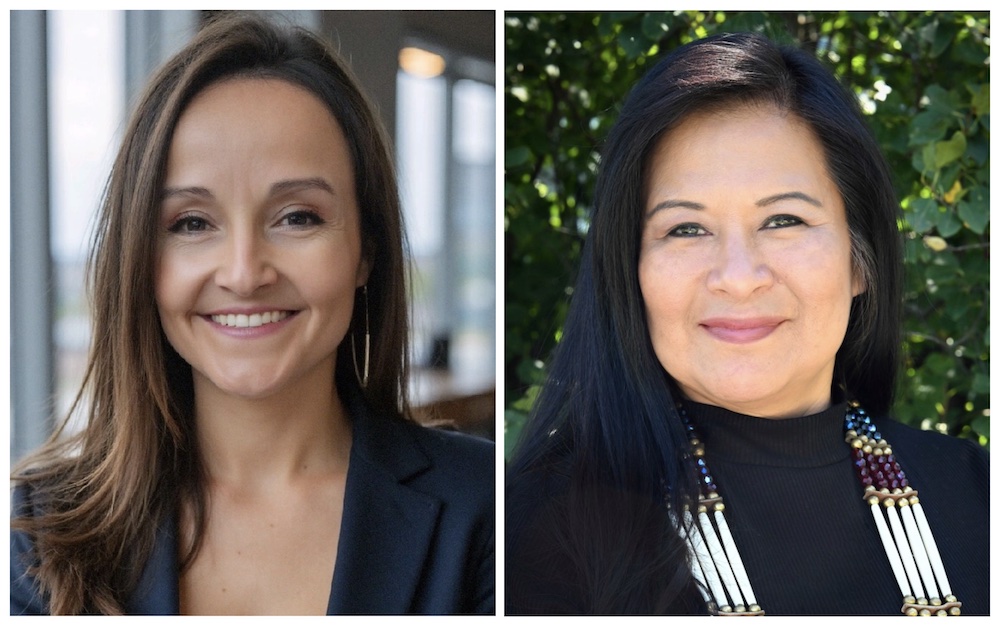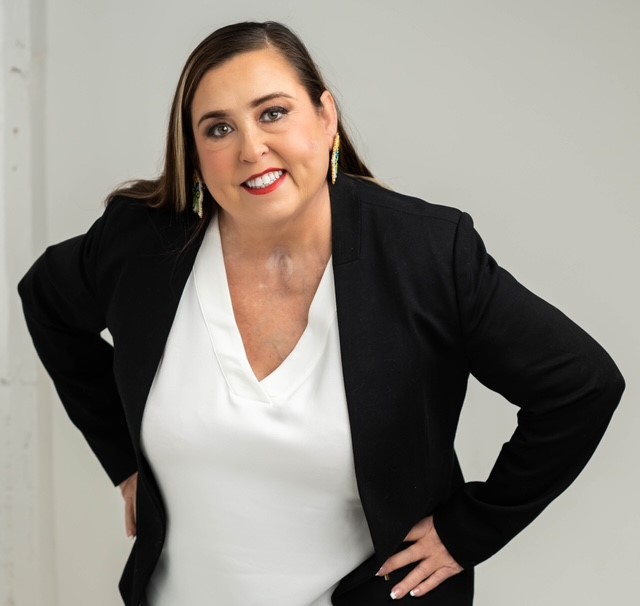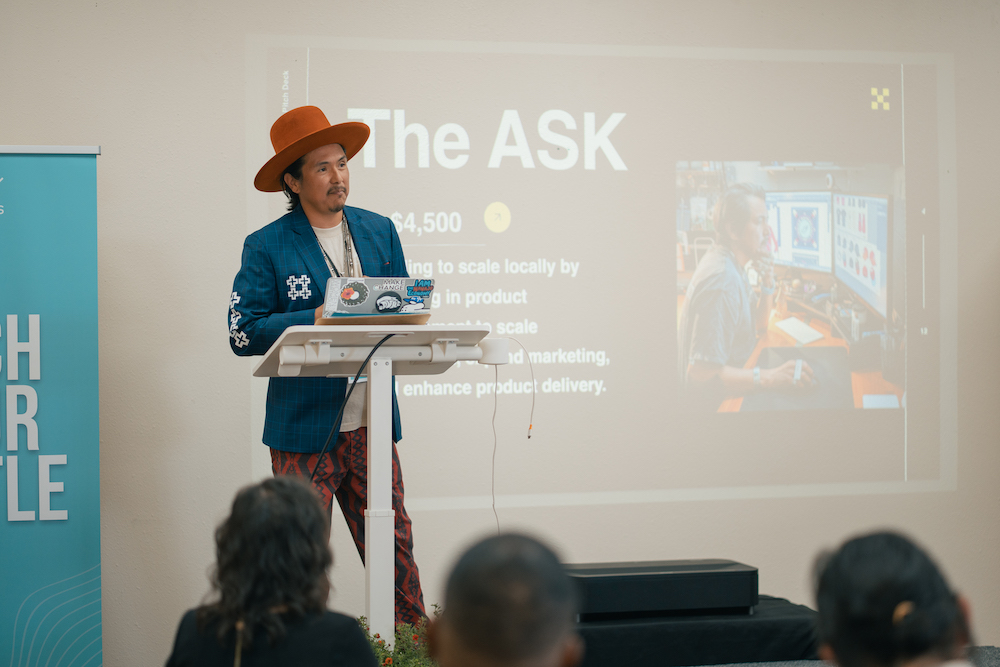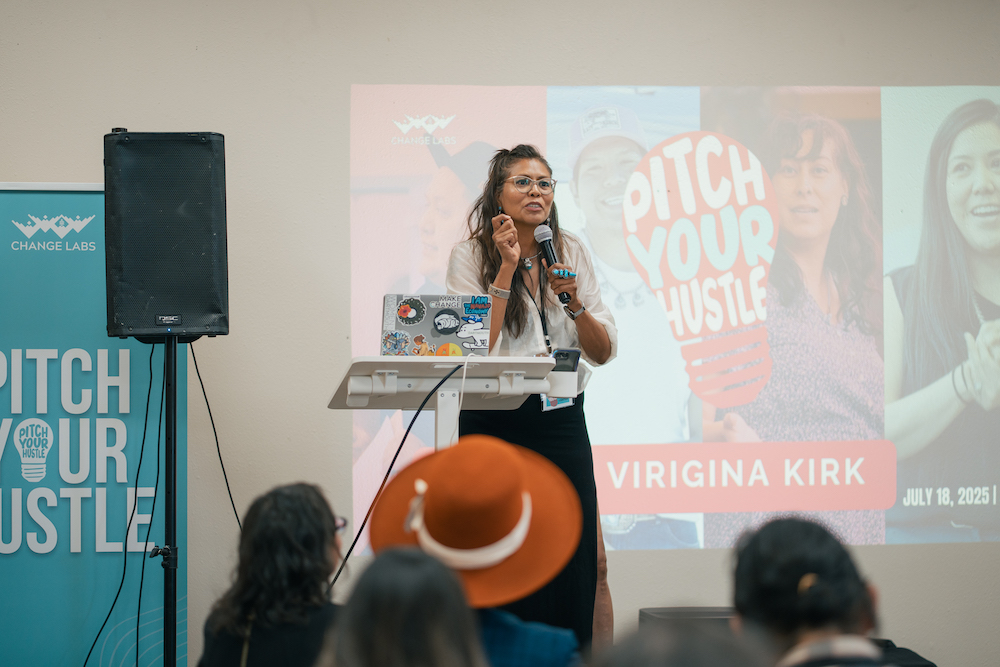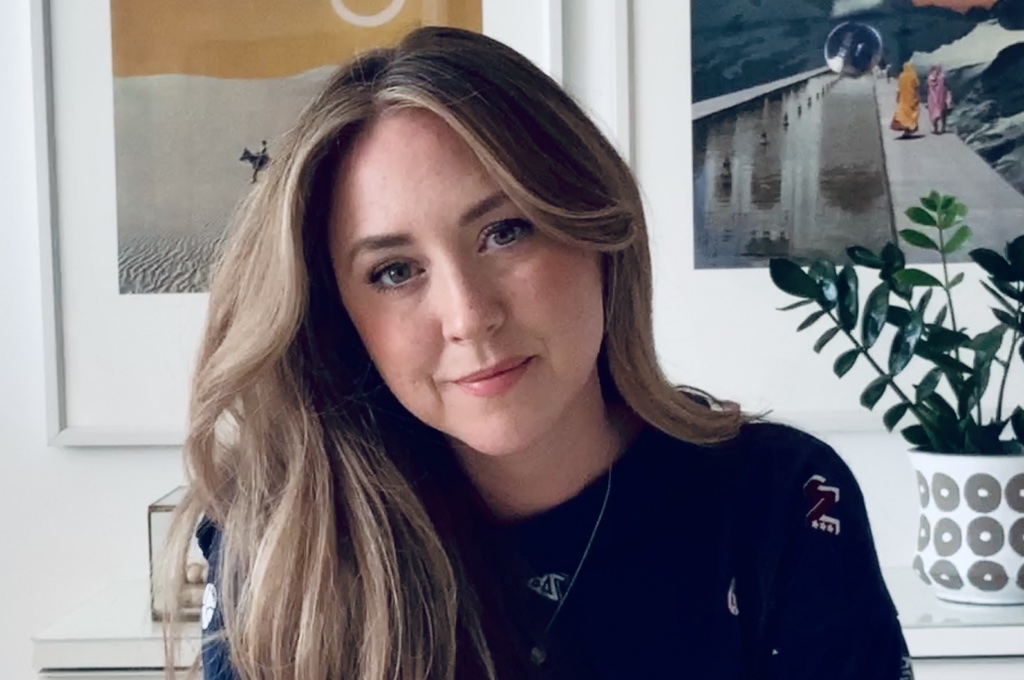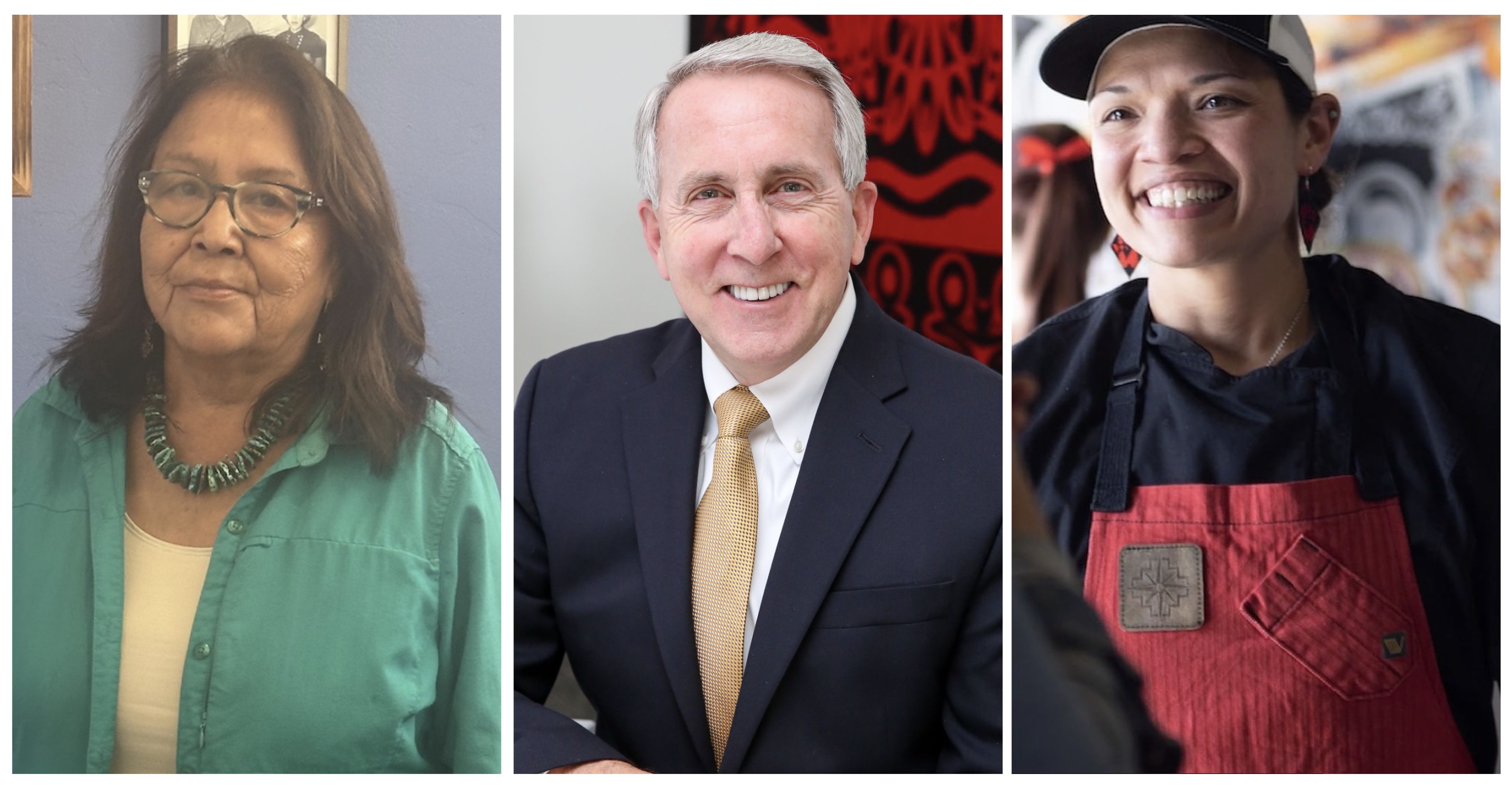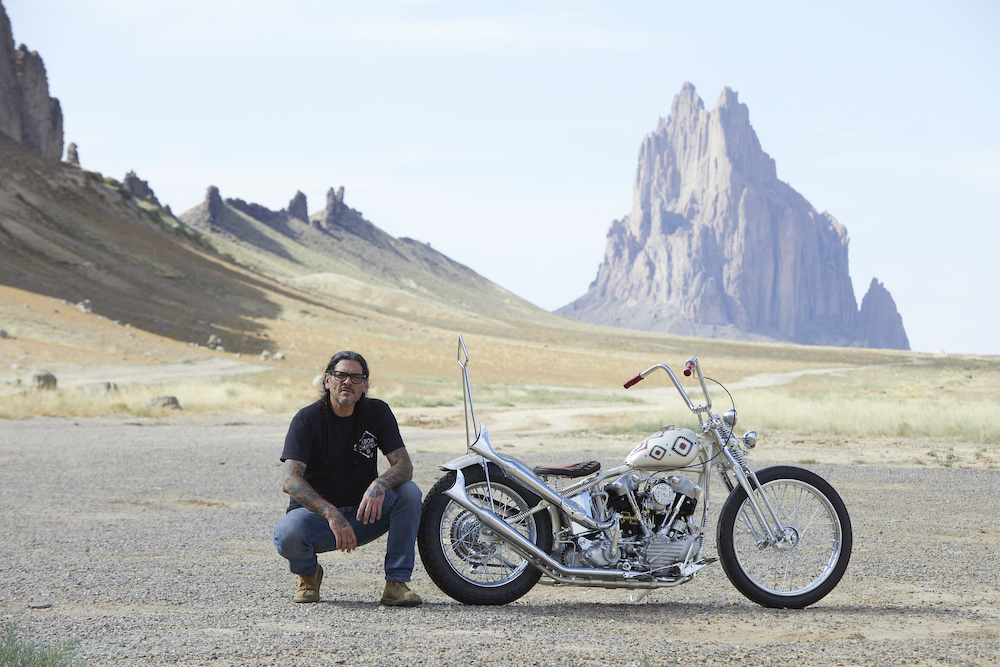Indigenous Entrepreneurs
- Details
- By Tribal Business News Staff
- Indigenous Entrepreneurs
- Type: Default
- Paywall Status: Protected
- Reader Survey Question: No Question
The Choctaw Nation of Oklahoma will invest $1 million to establish a 3,500-square-foot Chahtapreneur Coworking and Business Center in McAlester as part of a $9 million renovation of the McAlester Public Library, tribal officials announced Feb. 13.
- Details
- By Brian Edwards
- Indigenous Entrepreneurs
- Type: Default
- Paywall Status: Protected
- Reader Survey Question: No Question
Andrea Delgado and Onna LeBeau met through a mutual friend who thought they should know each other. The connection stuck — first over a planned camping trip in Colorado that got too cold, then a hike in the Rocky Mountain National Park that solidified their partnership.
- Details
- By Jamie Miller, Special to Tribal Business News
- Indigenous Entrepreneurs
- Type: Default
- Paywall Status: Protected
- Reader Survey Question: No Question
Samantha Skenandore once planned to be a veterinarian. Today, she is a founding partner at Madison, Wisc.-based Skenandore Wilson LLP, specializing in tribal law and governance.
- Details
- By Jamie Miller, Special to Tribal Business News
- Indigenous Entrepreneurs
- Type: Default
- Paywall Status: Protected
- Reader Survey Question: No Question
Marni King’s career path began far from the boardroom. A member of the Menominee Indian Tribe of Wisconsin and Oneida Nation of Wisconsin, she started in a meatpacking plant before becoming a certified nursing assistant while pursuing a nursing degree. From there, she transitioned to insurance at Humana, where she earned six promotions in nine years.
- Details
- By Chez Oxendine
- Indigenous Entrepreneurs
- Type: Default
- Paywall Status: Free
- Reader Survey Question: No Question
Success, for Christen Falcon, looks more like a problem: more customers than shuttles, more demand than her Blackfeet Nation-based ecotourism business can handle. Tourists eager to explore Glacier National Park through the lens of Blackfeet knowledge and stewardship are booking faster than her small fleet can accommodate. She needs $25,000 to add vans and drivers — modest expansion capital that’s often hardest to find in Indian Country.
- Details
- By Brian Edwards
- Indigenous Entrepreneurs
- Type: Default
- Paywall Status: Protected
- Reader Survey Question: No Question
One Navajo entrepreneur with helicopters wants to build fuel stations across the reservation. Another, a metal fabricator in Phoenix, struggles to secure even basic credit. These contrasting examples illustrate what Heather Fleming calls a persistent challenge: Native businesses that have outgrown microloans but remain too small for traditional bank financing.
- Details
- By Valerie Vande Panne, Special to Tribal Business News
- Indigenous Entrepreneurs
- Type: Default
- Paywall Status: Protected
- Reader Survey Question: No Question
If you feel shame about money — especially shame about having money — it’s actually a sign you can be trusted with it. That’s a message that Chantel Chapman shares with Native entrepreneurs who struggle with the conflicted feelings between building wealth and honoring community values.
- Details
- By Jamie Miller, Special to Tribal Business News
- Indigenous Entrepreneurs
- Type: Default
- Paywall Status: Protected
- Reader Survey Question: No Question
Indigenous entrepreneurs and Native-owned institutions that support them are building successful businesses by prioritizing community impact and cultural preservation over pure profit—continuing a tradition of commerce that dates back centuries.
- Details
- By Tribal Business News Staff
- Indigenous Entrepreneurs
- Type: Headshot
- Paywall Status: Protected
- Reader Survey Question: No Question
Native American entrepreneurs in Michigan can apply through Oct. 13 for IndigiPitch, a business pitch competition offering $7,500 in total cash prizes at Odawa Casino in Petoskey on Dec. 5.
- Details
- By John Wiegand, Special to Tribal Business News
- Indigenous Entrepreneurs
- Type: Default
- Paywall Status: Protected
- Reader Survey Question: No Question
